Chartbook 354: Of trains and tanks. Or does the German political class actually know how bad things are?
Ahead of Germany’s election on Sunday 23 February, one question is pushing to the fore. Does the German political class actually understand how bad things are? Do they understand how poorly Germany is prepared for the multiple challenges ahead? Do they grasp how run down and incapable they have allowed their state to become?
It is not hard to see why the German political class is complacent. Their country is in so many respects high-functioning and an extremely desirable place to live. But in February 2022, days after Russia’s invasion of Ukraine, Olaf Scholz, now the lame duck SPD Chancellor, declared a Zeitenwende - a historic turning point. And this was not just right, but overdue.
Germany needs to upgrade and update its hitherto successful economic, technological and strategic model to face new challenges. What should have been front and center in the election is the fact that Germany needs a generational, 500 billion euro investment push. The figure is agreed amongst think tanks and a broad range of societal interest groups. It is in line with the figures for Europe suggested by Draghi’s report in the summer of 2024. The central question about which Germany’s politicians should have been arguing is how to launch this big investment push and how to secure it within the dynamic revival of Europe’s growth prospects.
The election would have been the right moment for this debate. The election was called because Scholz’s three-party coalition with the Greens and the liberal FDP broke down over the question of how to finance military spending and other demands on the budget. German democracy needs this debate, and contrary to the MAGA nonsense spouted by Vance in Munich, it is sophisticated and secure enough to speak openly about the challenges ahead and to face them. At least it could be and should be. Instead the election has been marked above all by the evasion of the key issues that are at stake.. As Jeremy Cliffe remarked, it has often seemed as though the candidates wished they were back in the good old days of the 2010s.
This out of time quality became embarrassingly clear in a recent exchange between Scholz and his CDU-rival Friedrich Merz, the presumptive winner of Sunday’s vote, when the two crossed swords over the state of Germany’s railway system. Railways were once the pride of the German state. They no longer are. They are plagued by delays and cancellations causing huge inconvenience and dysfunction at a time when the demand for railway travel is growing fast.
Merz believes that the problems of Germany’s malfunctioning railway system can be addressed by unbundling the train operations from the upkeep and development of the railway tracks. It is a structural solution from which he hopes greater competition and efficiency will emerge. Chancellor Scholz countered: “We shouldn’t cut the thing (The Bundesbahn) up. That will end as badly as in England - where nothing works and you have broken tracks and bad trains.”
Now, the British railway system has long been a byword for dysfunction. And Germany has traditionally been proud of it trains. So Scholz’s quip was both familiar and, at the same time, an alarming sign of how out of touch he is.
No one who has had the misfortune to have to rely on a German train recently any longer assumes that their train will run on time, or from the platform advertised, or by way of the stops that you expect. Travel on the 21st-century Bundesbahn is a lottery in which you, the passenger, can only lose.
And at least as far as reliability is concerned, Scholz is in a world of his own. This is what emerged from the fact checking of a crack FT team. Their painstaking examination of data for 1.9bn train arrivals between February 2024 and the end of January 2025 - 5mn arrivals per day - showed that there is, in fact, no part of Britain’s system that is as unpunctual as Germany’s intercity system. Overall Germany’s system underperforms the average performance in the UK. The percentage of serious delays in three times larger in the German system as a whole than for the UK rail system. The rate of serious delays on German intercity trains is ten times larger than on the UK system.
It is tempting to say that one of Britain’s advantages is that its railway system is self-contained and separated by the channel from the mess on Germany’s railways. Europe’s railway operators are not so fortunate. Crossborder trains that originate in Germany, or pass through or terminate in Germany accumulate delays, unlike anywhere else in Europe.
Nor is there any mystery as to why the German system is in such a mess. It is a combination of surging demand for railway services and decades of underinvestment, driven not just by Germany’s bad fiscal governance (the debt brake) but by the particularly dysfunctional accounting rules applied to the Bundesbahn.
The system is failing. It is obvious to anyone using it that it is a shocking state and yet the self-satisfied Chancellor prefers to make cheap and ill-informed quips about other countries.
The SPD is likely to be beaten into a humiliating third place in the upcoming elections. Does the CDU offer a more realistic view? Hardly. Merz proposes a restructuring, but he is not proposing to combine that with the huge new investment that the system actually needs.
Nor are the railways an exception. German public investment as a whole has languished since the 2000s at levels well below those in the United States.
And the state of Germany’s railway system has ramifications that go beyond the efficiency of the German economy and the inconvenience caused to tens of millions of travelers. It has implications for the central geopolitical preoccupations of Europe today,.
This was brought home to me by a question asked by my co-host Cam Abadi in the latest episode of OnesandTooze. Assuming that Europe is going to send substantial forces to Ukraine, does Germany have the logistical capacity to move them there and sustain them?
This clicked my military-historian brain into gear.
Since the mid nineteenth century railway logistics have been central to modern warfare. In the 1850s, railways speed and hauling power marked the most fundamental break from all earlier epochs of military history. In the process of recovering its military strength in the 1860s, Prussia under Helmuth von Moltke as chief of staff, put itself in the forefront of adapting the new technology to modern warfare. The victory of Prussian-led German armies over France in 1870 was heavily dependent on mass mobility enabled by railways.
German ammunition train 1874.
From the 1870s onwards, through World War I and World War II, all the way down to the present day, railways (and shipping containers) are the only efficient means to move very heavy equipment - 60-ton tanks, or vast quantities of ammunition. For modern warfare you also, of course, need hardened roads and bridges that are strong enough to take a pounding from heavy equipment that you unload from railway cars and at ports.
In any future war scenario, Germany, due to its geographic position - the famous Mittellage - is the key logistical hub and staging area for NATO and its allies.
Source: DGAP
Through the 1990s, the Federal Republic’s railway system and roadways were dimensioned and even sign-posted with military dual-use in mind. There was an entire system of road signage indicating routes suitable for tanks. Since the 1990s all of this has been dismantled.
In June 2024 German council on foreign relations the DGAP reported that Germany’s railway and transport infrastructure needed 30 billion euros in investment if it were not to become a logistical nightmare for NATO forces needing to transit.
At this point Scholz’s harmless gaffe and the realities of hard power intersect.
Setting aside the appalling punctuality of German intercity trains, what is in question is the ability of Germany’s national transport system to support national defense and Germany’s alliance commitments.
As the DGAP report spelled out in painful detail:
Delivering tanks from Spain, France, or the Netherlands to Ukraine means transporting vehicles weighing 65 tons and over across Germany. And just like any other logistics company, the military is faced with the proliferation of rules in Germany’s federal system: Applying for heavy weight permits, finding a stable route through a highway network with dilapidated bridges and tunnels, applying for slots on the overcrowded rail network, and enduring lengthy border controls. In the case of Ukraine, this not only costs extra time and money but endangers the very lives of soldiers and civilians on the front lines.
This assessment by the DGAP is strongly supported by the FT’s investigative report. By the Bundesbahn’s own estimates it needs to invest 297 billion euros in bridges alone to bring its system up to scratch.
Nor are these concerns merely hypothetical or merely a matter of concern for Germany.
In 2024 it emerged from a heavily redacted report of the Inspector General of the US Department of Defense that a breakdown in contractual relations between US European Command and the Deutsche Bahn over the winter of 2022-2023 had left large shipments of ammunition for Ukraine stranded in depot.
Ultimately, the US military abandoned the German railway and chartered water born transport to get the ammunition to the front. Anyone who has had dealings with the Bundesbahn will find the story only too plausible.
The Bundeswehr itself in 2023 concluded an agreement with the Bundesbahn for 343 flat wagons. Deutsche Bahn Cargo could not offer more because it was already struggling to meet demand from commercial transport reservations. In 2024 the Bundeswehr slashed the budget allocated to its Bundesbahn contract.
Lieutenant General Ben Rodgers former US commander in Europe summarized the situation laconically: “We do not have enough transport capacity, or infrastructure that enables the rapid movement of NATO forces across Europe … German railway Deutsche Bahn has enough rail cars to move one and a half armoured brigades simultaneously at one time, that's it.”
One armoured brigade - the basic operational unit of modern warfare - comprises roughly 4,000 soldiers, 90 main battle tanks, 15 self-propelled howitzers, 150 Infantry Fighting Vehicles, 500 tracked vehicles and 600 wheeled vehicles and other equipment.
Being able to move no more than one and a half brigades means that you are not in a position to conduct any scale of military operations.
A recent estimate of the additional forces necessary for Europe to credibly deter Russia, suggests that Europe needs, over the coming years, to assemble 50 new combat brigades, thirty times more than the German railway system is currently capable of supporting. Even if that is an overstatement of the forces needed, it gives an idea of the woefully inadequate state of Germany’s infrastructure.
Regardless of what position you take on European strategy, whether you favor deterrence or detente, it is a remarkable historical fact that at this point in the 21st century, this essential connection, this essential sinew of power is no longer a given. If the state is defined by its monopoly of the legitimate means of violence, if territorial integration and defense of national territory are essential functions of any state, what does it mean that German democracy has chosen to give up these capacities?
Clearly the German defense question is in this regard just one instance of a much wider phenomenon of collective self-disempowerment. Aside from how to move tanks, climate policy, digital policy, global development, education and social policy all come immediately to mind. If we are going to talk about democracy and ask challenging questions about our shared values and commitments, this is what we should be talking about.
***
Thank you for reading Chartbook Newsletter. It is rewarding to write. I love sending it out for free to readers around the world. But it takes a lot of work. What sustains the effort are voluntary subscriptions from paying supporters. If you are enjoying the newsletter and would like to join the group of supporters, click here:

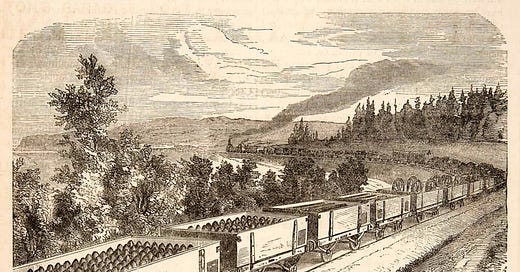


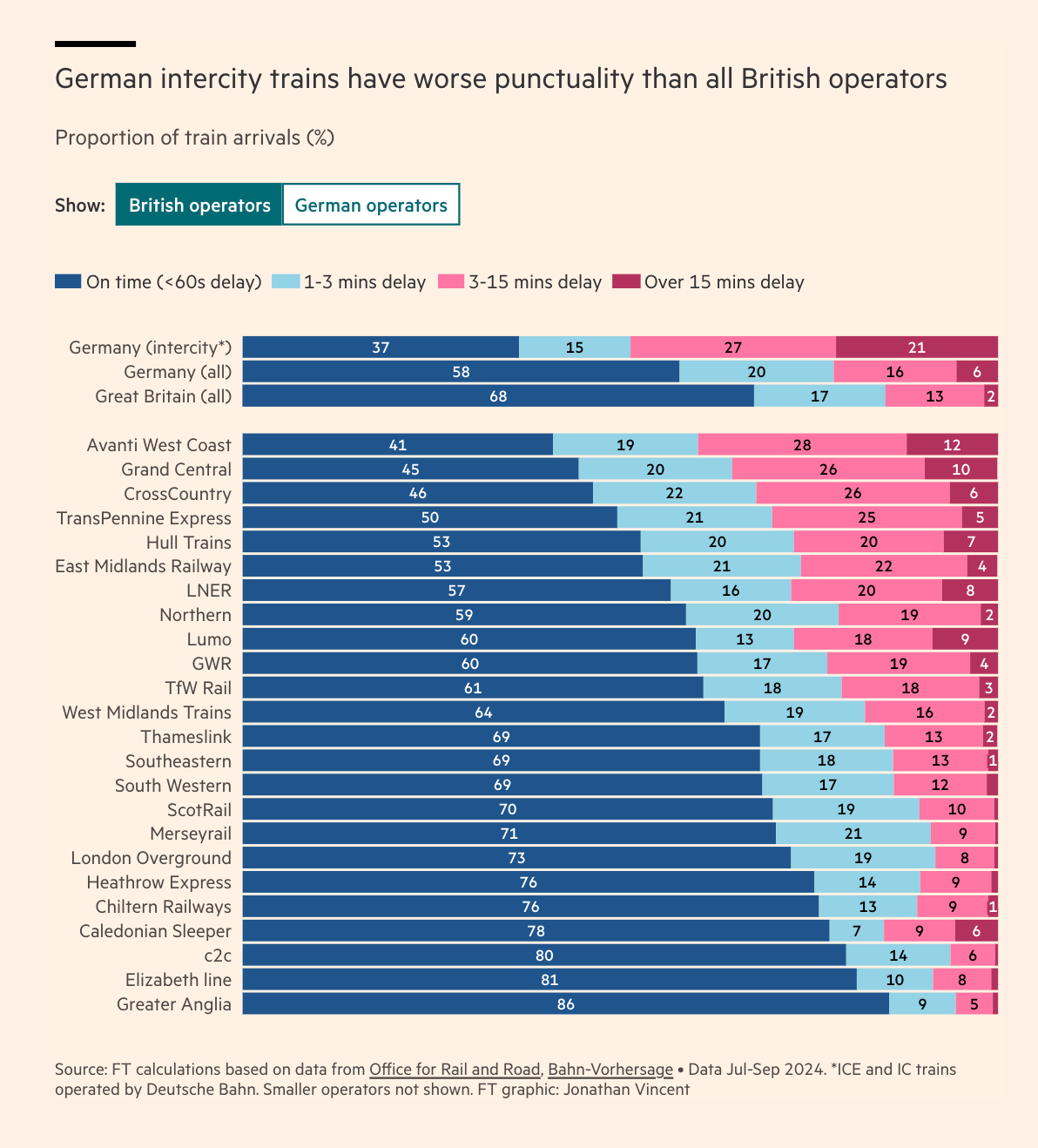
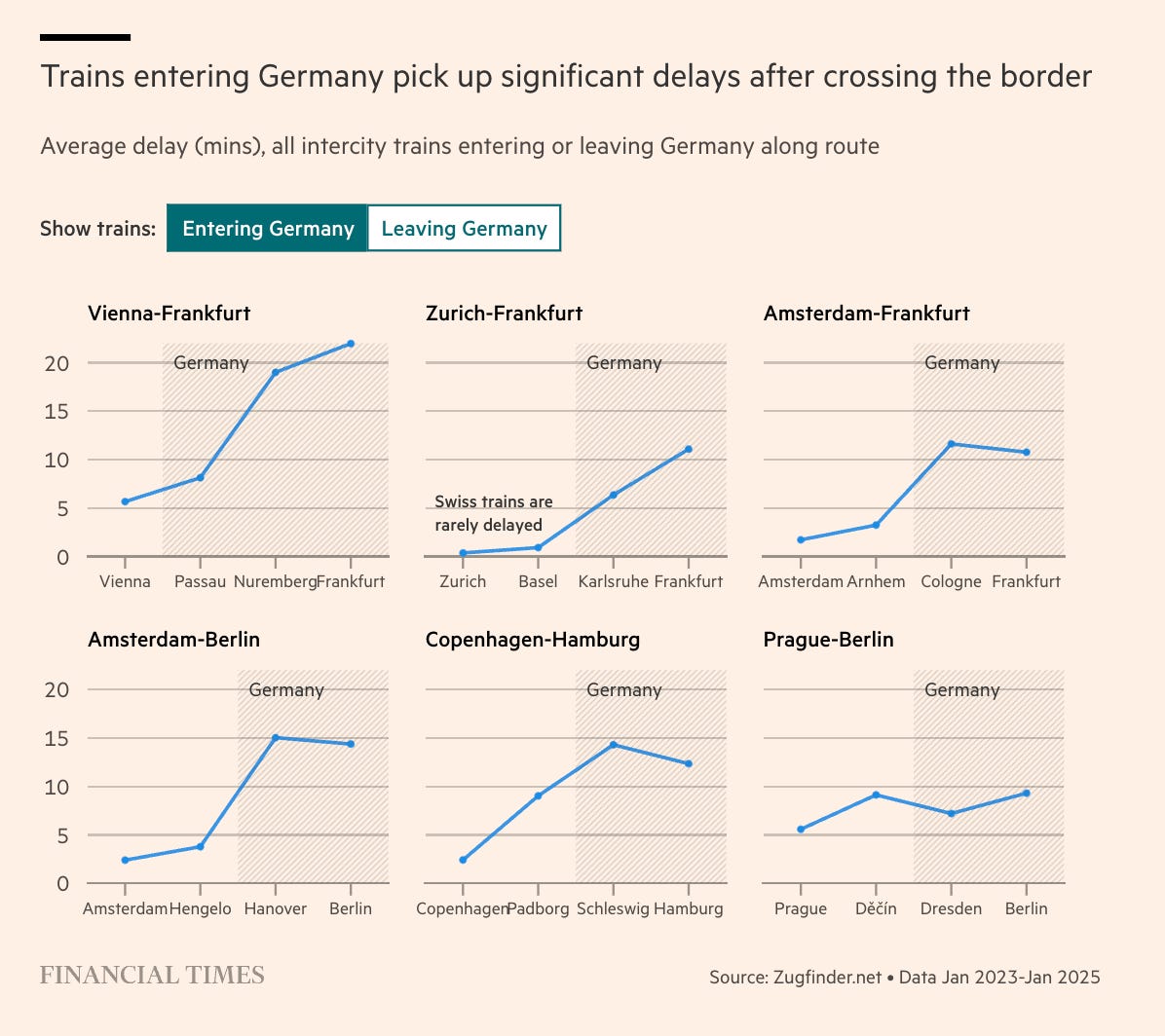
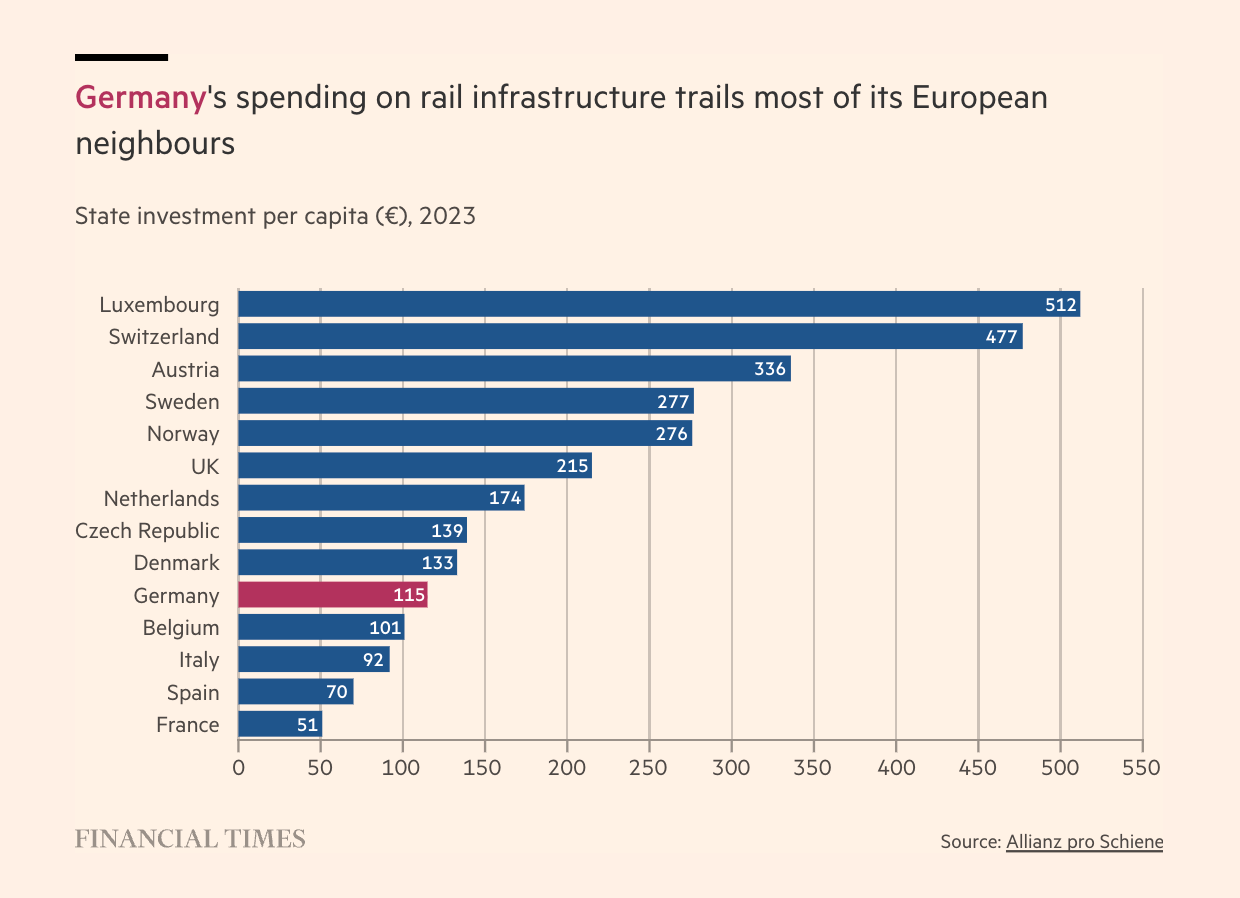
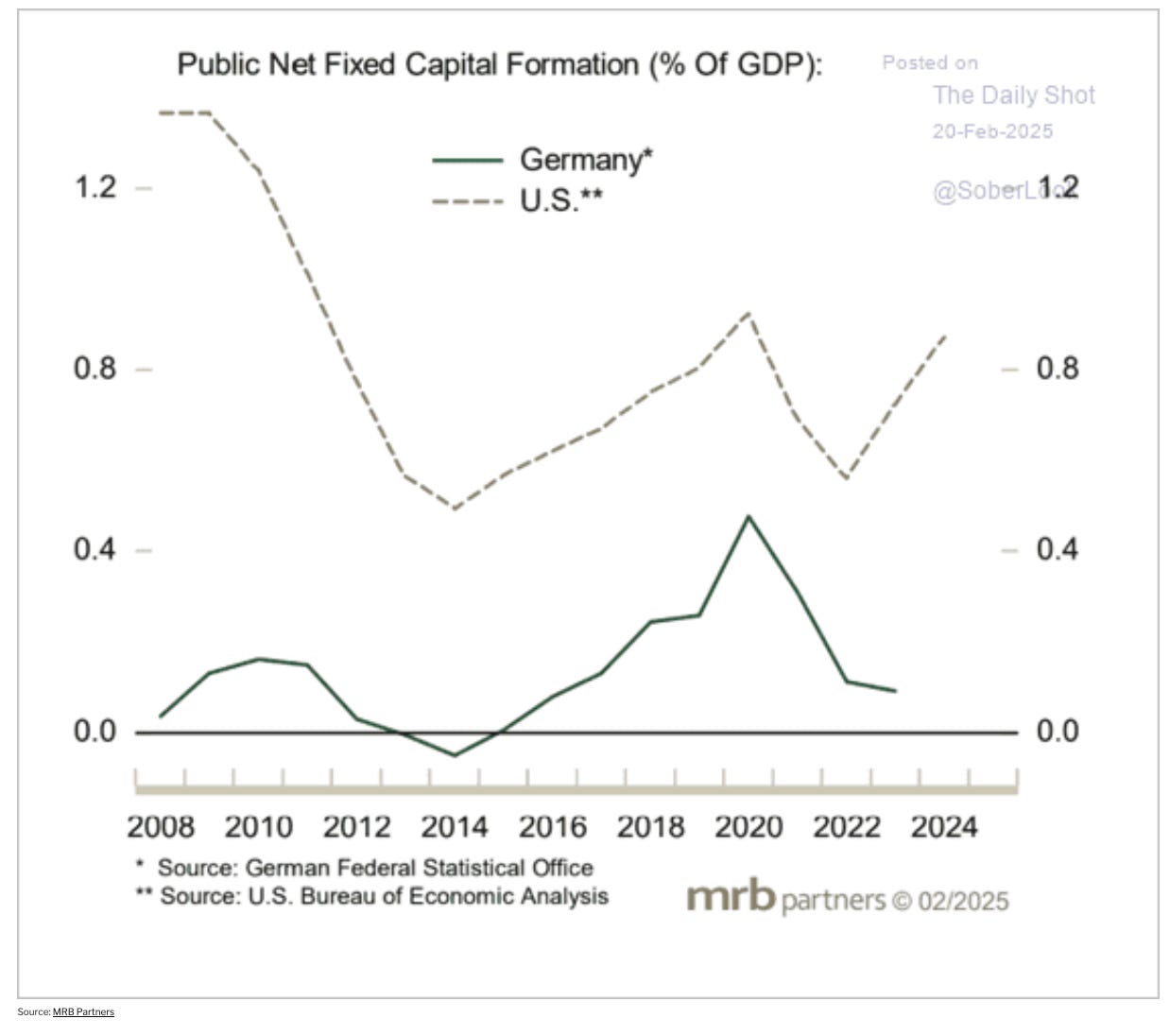
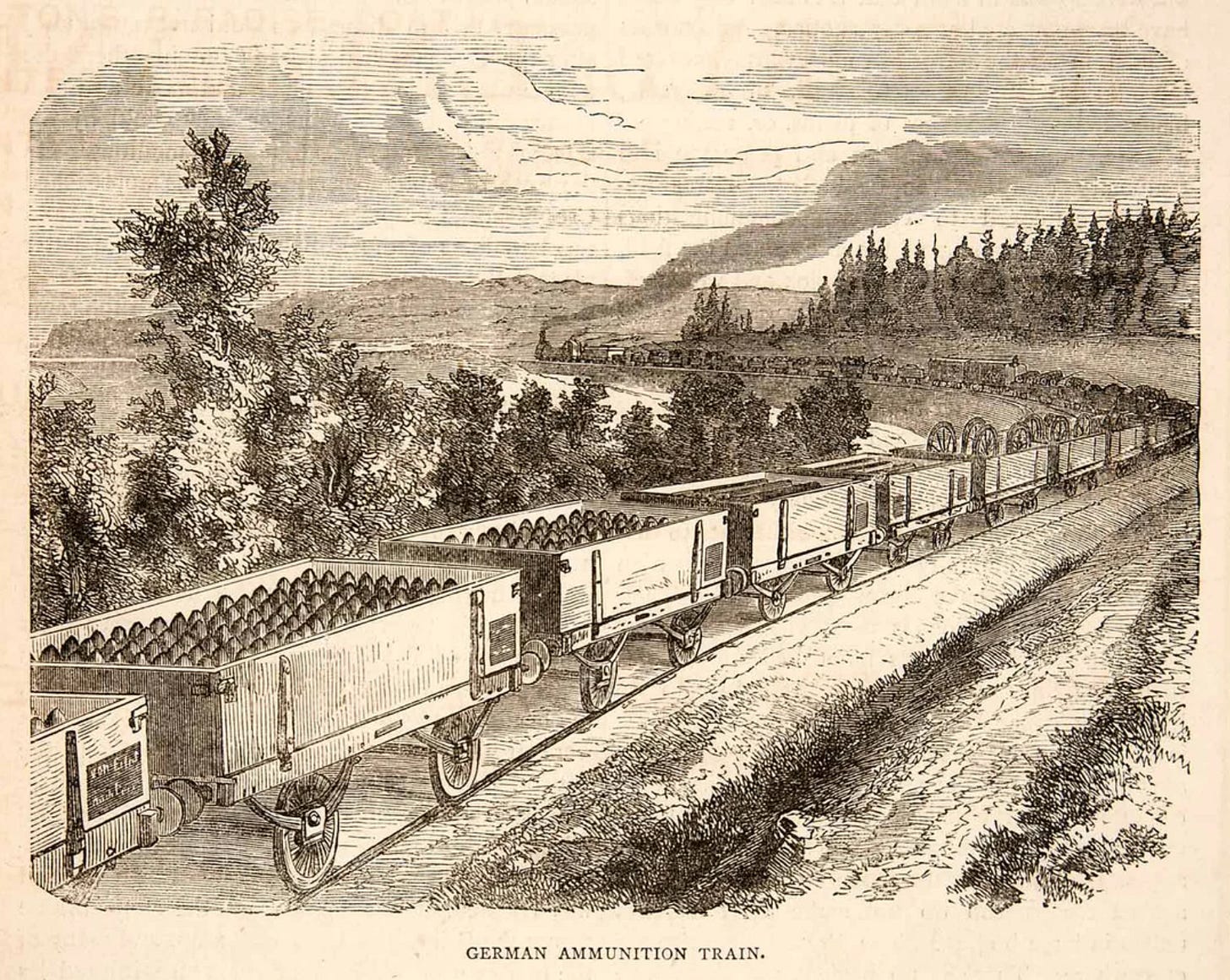
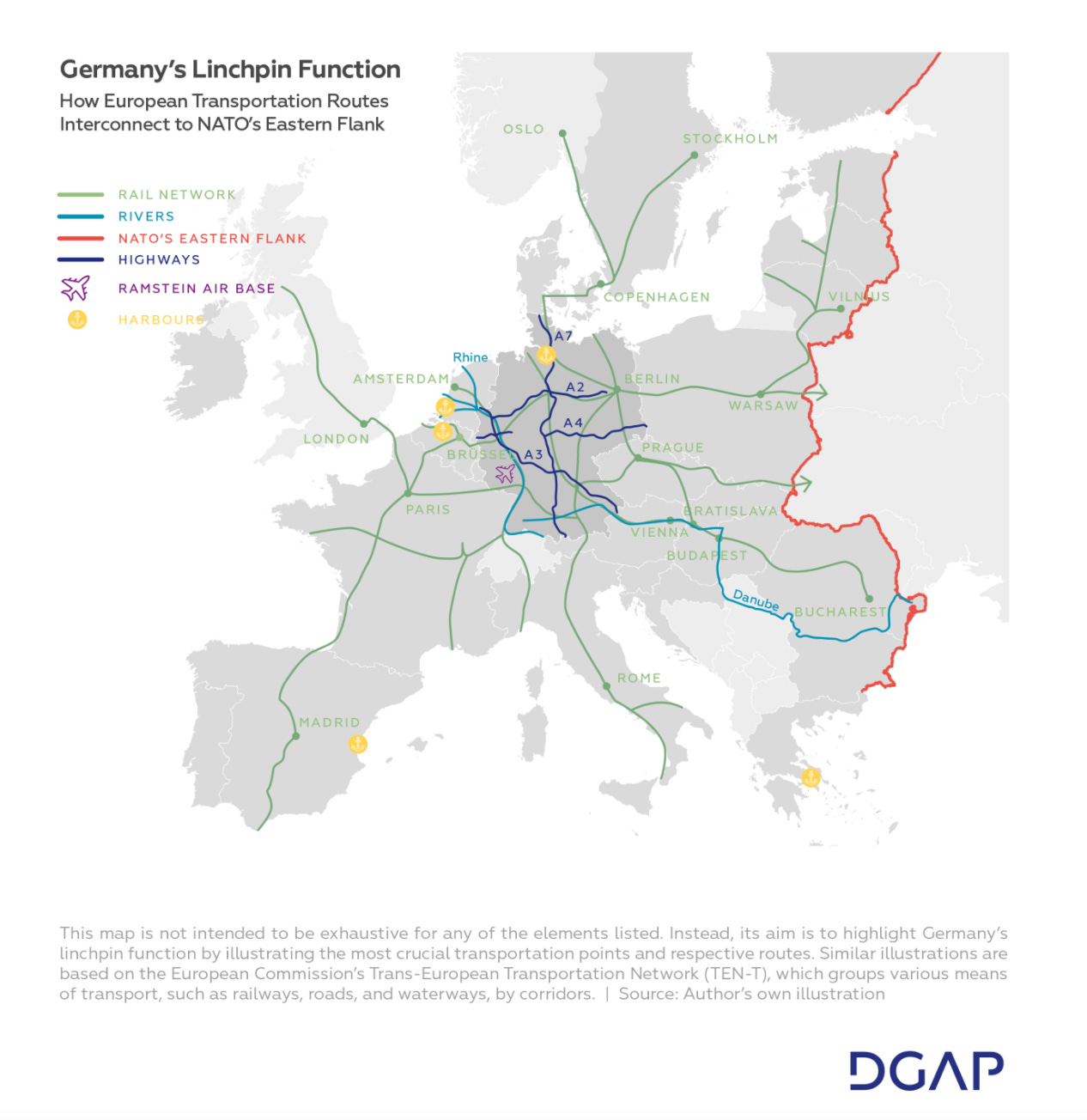
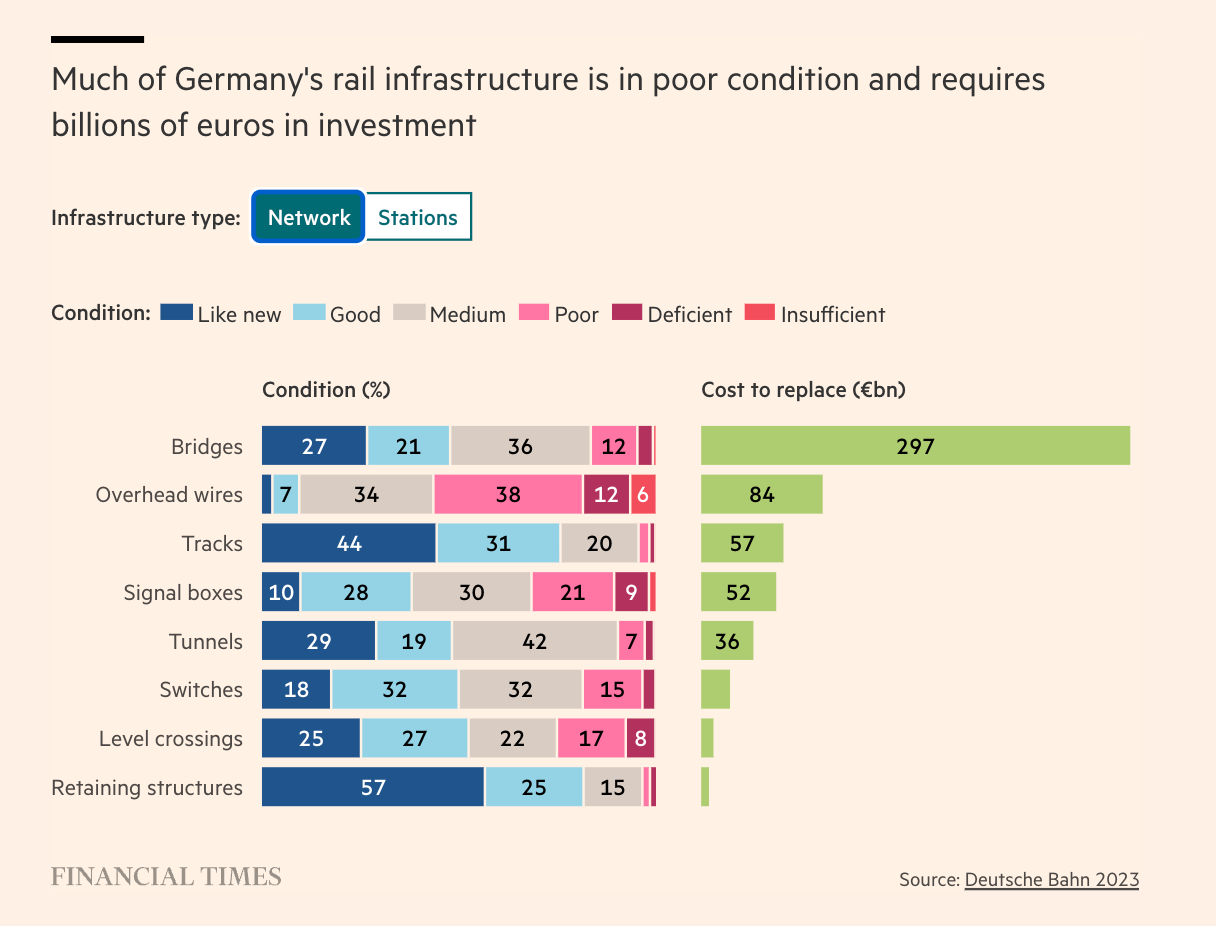
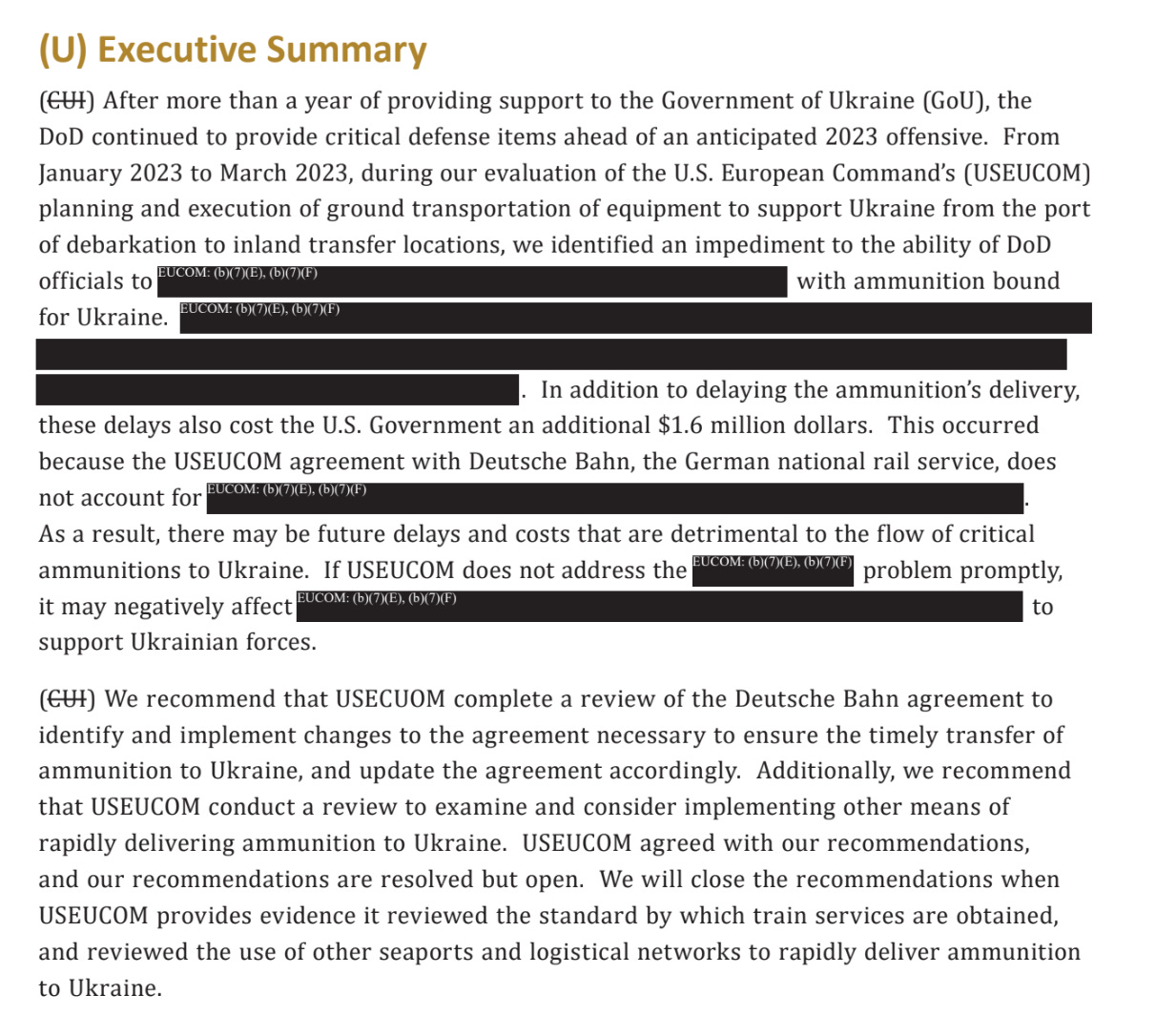
A Scary Enemy is useful to the German ruling class for several reasons:
1. As a pretext for crackdowns and demonizing dissent
2. As an way to get the chumps to rally round the flag
3. As a reason why the chumps also can't have nice things
4. As a way to stall discussion of reform or even a more equitable share of economic or political power
We see all of the above in europe and germany.
Thank you for this sobering analysis. It's unfair to ask this, I know, but what is the explanation for such societal stupidity? It's easy to critique what went wrong, but how could it go right?
I'm American, but live in Sweden, and similarly, I wondered as soon as I moved here why the Swedes had completely dismantled their military capacity. Wasn't Russia, their historical enemy, right next door? I know that Sweden hadn't fought a war for two centuries, but they certainly *experienced* one during WWII. And they took the Cold War quite seriously, for decades fielding a national draft mobilization, the world's 4th largest air force, and even a clandestine nuclear weapons program (6 months from the bomb!).
And then came the "peace dividend." But there was time to wake up since. At least since Russia invaded and occupied parts of Georgia. At least since the first time Russia invaded and conquered parts of Ukraine in 2014. And there has been a expansion in military spending. There has been speeches and dialogue and a restart of the nation's civilian defense programs, etc. But it's all just been so very deficient? Why?